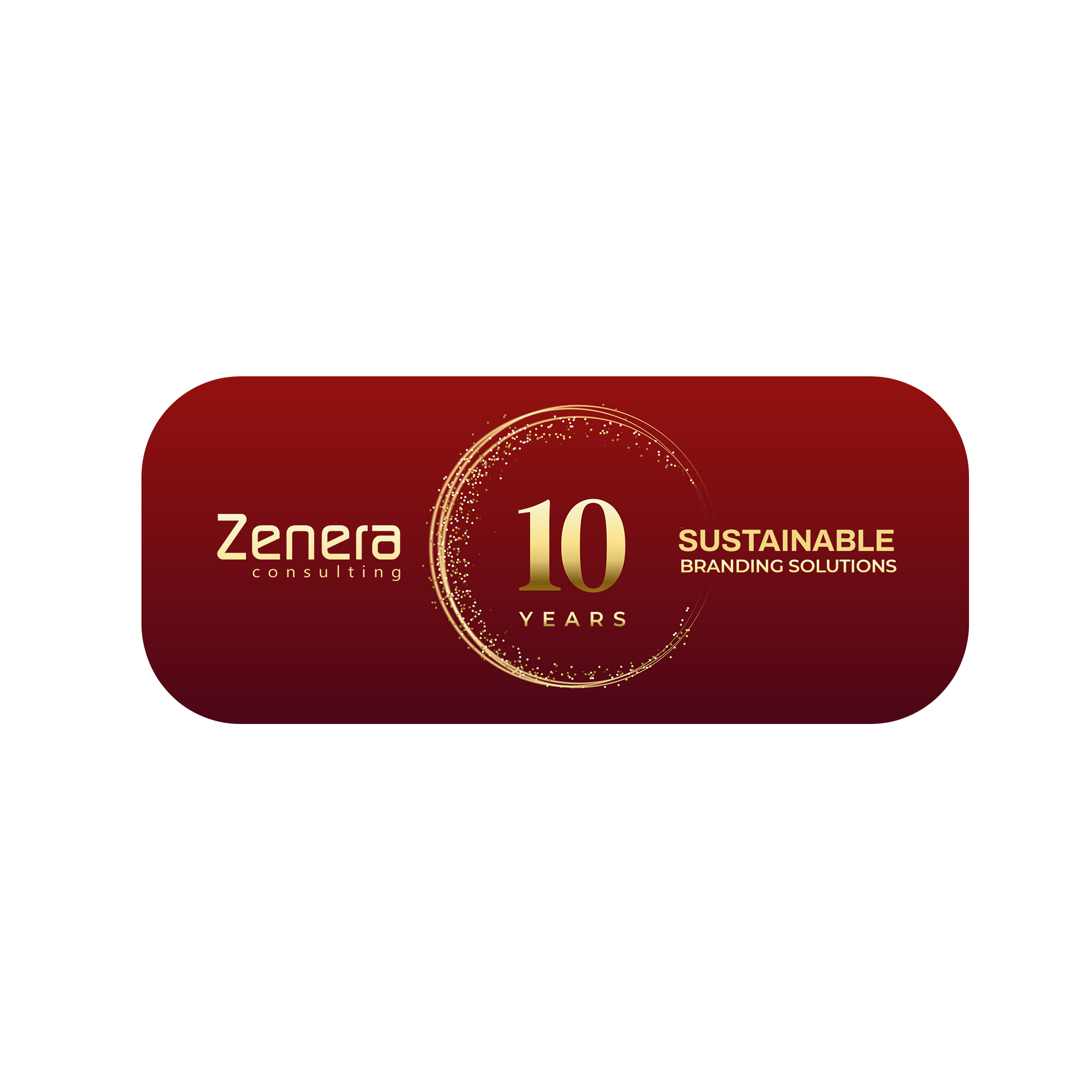Oil discovery in any community or nation is always widely celebrated among the indigenes as it signifies instant catapult into the league of wealthy societies.
But oil discovery and exploration is not always a blessing. Without the advantage of a well-developed oil and gas industry oiled by ethical and sustainable practises, oil – the black gold – can become a curse.
So while many countries have built solid foundations for their national development through resource extraction and transformed into first world nations, other countries ‘gifted’ with oil have unfortunately become victims of some of the risks related to natural resource wealth. These include volatile economic growth; limited job creation; violent conflicts; corruption; environmental degradation; gender violence; and spread of HIV and AIDS among communities impacted by extraction activities.
According to the United Nations Development Programme ((UNDP), such negative outcomes of resource extraction are not inevitable and can be tackled through effective strategies, legal frameworks and policies. On its own part, the UN agency adopts a strategy that supports countries to manage revenues transparently and deal with volatilities in these revenues. Moreover, it supports countries to put these funds to good use, by investing in economic diversification, as well as in human, social, physical and financial capital.
Significantly, one of the key goals UNDP’s strategy is to work to enhance the participation of civil society, women’s organisations, indigenous peoples and other affected groups in the decision-making processes to ensure effective governance of the extractive sector.
Nigeria may be Africa’s oil powerhouse and the world’s 10th largest exporter, but it has long remained a paradox to both international observers and locals why it has not translated to national prosperity, as half of the country’s 170 million population live on less than a dollar per day. So has Nigeria’s oil wealth become a curse, rather than a blessing? But that’s one hugely controversial debate for another day.
Against the background of Nigeria’s experience, it was understandable why the discovery of oil off Ghana’s coast in 2007 was met with quiet optimism. It sparked both excitement and concern.
Although the quantity of Ghana’s oil finds six years ago were modest in comparison with Nigeria or Angola, it was estimated that oil exports could bring $1 billion in gross annual revenues for the West African nation. As the country began production, policymakers quickly created a Local Content Policy to ensure the economic benefits of the oil industry were conferred to the Ghanaian people.
In 2013, the country passed the Local Content and Participation in Petroleum Activities Bill, which sets a goal of 90 percent local content in the industry in the next decade.
Sarah Lawson and Marina Tolchinsky, Master’s Candidates in African Studies at the Johns Hopkins University School of Advanced International Studies (SAIS), travelled to Ghana in January 2014 as part of their thesis research. In a document titled, ‘Ghana’s Emerging Oil Industry,’ the research reviewed the institutional framework, local context and current initiatives in the industry and recommended some steps to create jobs for the local population and increase local content.
The study proposed that in order to mitigate the perceived negative impacts of the industry, Ghana must find a way to extend the economic opportunities of the oil industry to the local population. Many feel that the answer to sustainable economic development in Ghana lies with the development of local content.
The first step is a Short Term Goal aimed at Developing Capacity in the Service Sector. Although the Local Content Bill identifies these sectors, it does not present a comprehensive plan for meeting its ambitious targets. The study recommends that with sector-specific training, as well as general training in health, safety, ethics, and environmentally-friendly practices, Ghanaian small and medium enterprises could be seen as viable providers of services up to the international standards required by oil companies.
The second step is for Medium and Long Term, and involves Training a Technical Labour Force. “With 22 new discoveries and new companies vying to enter the market every day, well-trained Ghanaian labour will be easier to recruit, retain, and promote into leadership,” the study states.
The next step for sustainability in Ghana’s oil and gas sector Business Enabling Environment will be to foster an enabling business environment by ensuring policies regulating the oil industry are implemented consistently. This will allow for long-term business planning and sustained growth.

Leave a Reply